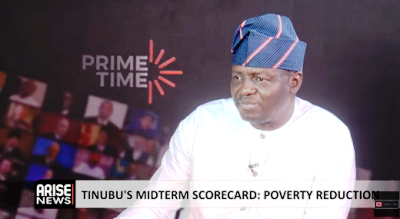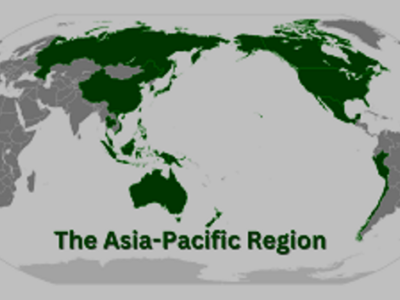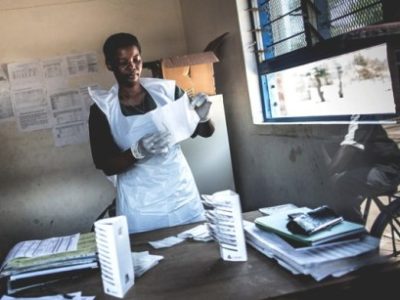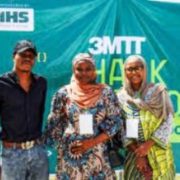The Federal Government of Nigeria has commenced the use of Artificial Intelligence (AI) to identify and support the country’s most vulnerable populations. This is especially for those living in urban slums, under the revamped Conditional Cash Transfer (CCT) programme.
RELATED: Yilwatda launches initiative to expand digital identity for Nigeria’s poorest, targeting 70m households by 2025
Speaking on Arise News, the Minister of Humanitarian Affairs and Poverty Reduction, Prof Nentawe Goshwe Yilwatda, explained this shift to technology. He said the ministry is leveraging AI in partnership with telecommunication companies to validate and expand the National Social Register (SNR). The SNR now includes 19.7 million Nigerians, up from the initial 13 million — a significant achievement.
“To help someone, you must first know them. You can’t support people you can’t identify. That’s why we started by validating and expanding the social register,” Yilwatda stated.
Cash disbursements now digitally conducted via verified bank accounts
Through AI and telco data, including geolocation from base stations, the ministry has identified an additional 6.5 million urban poor individuals. These numbers were added to the register using AI-generated insights from mobile phone data, access to financial services, and other poverty indicators.
“The AI system helped us analyze phone numbers and financial access in urban slums identified via satellite imagery. This allowed us to pinpoint those in real need, ensuring targeted support,” he said.
All cash disbursements are now being conducted digitally through verified bank accounts. This is in line with President Bola Ahmed Tinubu’s directive to eliminate cash-based transactions and reduce corruption.
“No more physical cash transfers. Every payment is now cashless, direct to the beneficiaries’ bank accounts,” Yilwatda emphasized.
The minister revealed that the government collaborated with the World Bank and independent verifiers. They include civil society organizations, to ensure the accuracy and transparency of the social register. So far, 94% of beneficiaries have been physically verified.
Leveraging technology for aggressive poverty reduction strategy
According to Yilwatda, the federal government is targeting 15 million households, representing an estimated 75 million Nigerians. All of these push are part of its aggressive poverty reduction strategy.
“Nigeria has roughly 43 million households. By targeting 15 million of them with an average of five people per household, we are reaching about 75 million people,” he explained.
The initiative distinguishes between food poverty and multidimensional poverty. For multidimensional poverty, the challenge includes limited access to healthcare, education, clean water, and financial services.
“Food poverty affects about 42% of the population — nearly 80 million people. We’re covering over 75% of that group with conditional cash transfers,” said the minister, noting each eligible household receives ₦75,000.
Recognized for Championing Digital Humanitarianism
Yilwatda was recently honored as one of the “50 Most Valuable Personalities in Nigeria’s Digital Economy 2025”. The minister was honoured at the annual prestigious award organized by Knowhow Media, publishers of IT Edge News.Africa since 2007.
Celebrated as a digital visionary and systems engineering expert, the minister has redefined humanitarian aid delivery through data-first policymaking and technology-driven systems.
His key innovations include:
- AI & Fintech Integration for real-time, secure digital cash disbursements.
- Use of Data Analytics & GIS to identify poverty hotspots.
- Creation of Nigeria’s first Digital Humanitarian Database, now covering almost 20 million individuals.
- Deployment of transparent digital payment platforms with real-time reporting and stakeholder accountability.
Under his leadership, the Ministry of Humanitarian Affairs and Poverty Reduction is becoming a model for digital financial inclusion in Africa. The ministry is proving how technology can drive transparency, efficiency, and empowerment for Nigeria’s most vulnerable citizens.





























